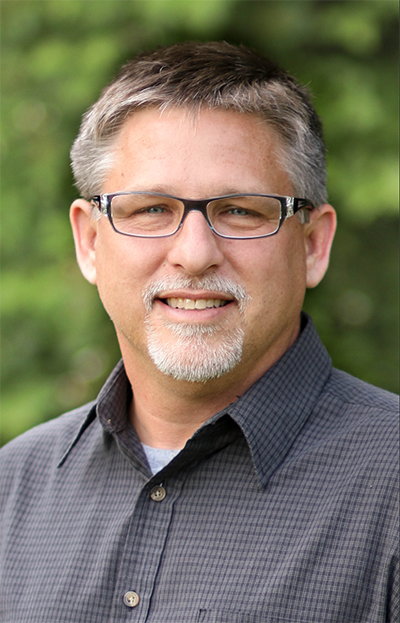As the country rises in protest around the issue of police brutality and violence against black people in America, the need to have constructive conversations and effective dialogues with those who have differing viewpoints has never been stronger. Columinate consultant Darin Short specializes in intercultural dialogue facilitation and training, and he’s been busy this summer working with a variety of organizations around the country interested in having difficult conversations. Darin recently facilitated a world cafe discussion as part of the Thought Leadership Conference in north central Indiana focused on the issue of disproportionality.
“We have all seen, as a result of George Floyd’s murder by a police officer, how Blacks and African Americans are treated disproportionally when it comes to law enforcement,” says Darin. “This disproportionality does not only impact Black and African American adults; it actually begins when young Black children are disproportionally disciplined, suspended, and expelled in our schools. This World Cafe provided an opportunity to explore this disproportionality in a couple of local school districts although it has been documented that this is a nationwide problem. “
Intercultural Dialogue Facilitation
The theme of the World Cafe was “Disproportionality: What Can I Do Where I Am?”, and the event provided a space for participants to engage in vibrant dialogue, to speak about their own individual and organizational experiences, to listen to others, and share their observations in regards to the topic of disproportionality in the South Bend and Elkhart region. Organizers defined disproportionality as the “overrepresentation” or “under-representation” of a particular population or demographic group in any category relative to the presence of this group in the overall student population.
“Today’s thought leaders must join forces to attract and retain talent, create inclusive communities, and improve economic development opportunities for everyone,” said Dr. Tessa R. Sutton, Chief Equity Multicultural and Inclusion Officer at South Bend School Corporation. “Darin’s facilitation of the World Café session, ‘Disproportionality: What Can I Do Where I Am?’ shaped dialogue, provoked thought, and engaged attendees in conversations that matter.”
Darin is currently using an appreciative inquiry approach to engaging with students, parents, teachers, school administrators, and local community members in a series of dialogues for the South Bend Schools to uncover their hopes and dreams for their future: What is their vision for success? He facilitated a couple of in-person dialogues before the pandemic hit, and the remaining dialogues will take place virtually. They anticipate there will be 10 dialogues total.
“The purpose of the Vision for Success dialogues is to help South Bend Schools and stakeholders work together to achieve a shared understanding of its goals, to co-develop a vision, to foster consensus, to help all stakeholders feel involved and to help them understand how their engagement contributes to the long-term goals.”
Top Takeaways
Darin says there are some key things he’s learned from his facilitation work that organizations should consider when coordinating complex discussions.
Intersectionality is key.
“What became clear as a result of these conversations is the intersectionality of this reality and the need for this conversation to take place across a group of leaders and stakeholders from different industries.”
Everyone needs a place at the table.
“Right now the burden of addressing disproportionality is placed on school systems, but every industry will be impacted by disproportionality at some point. Every industry needs to be involved in the conversation now. These conversations should not take place in silos.”
Interested in dialogue facilitation? Reach out to Darin Short.
Have more questions?
Get in touch with one of our consultants.

